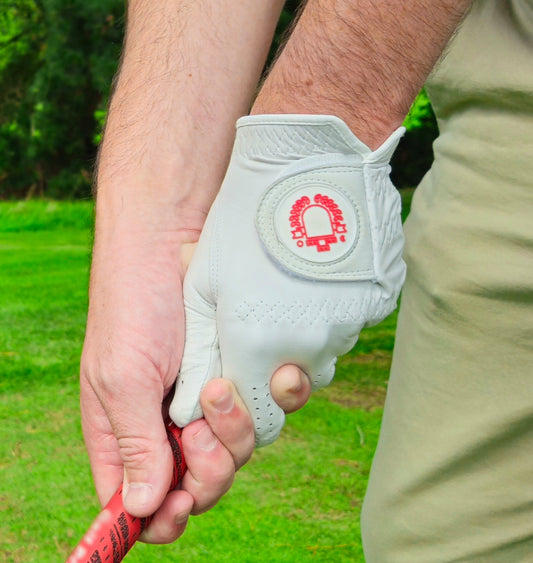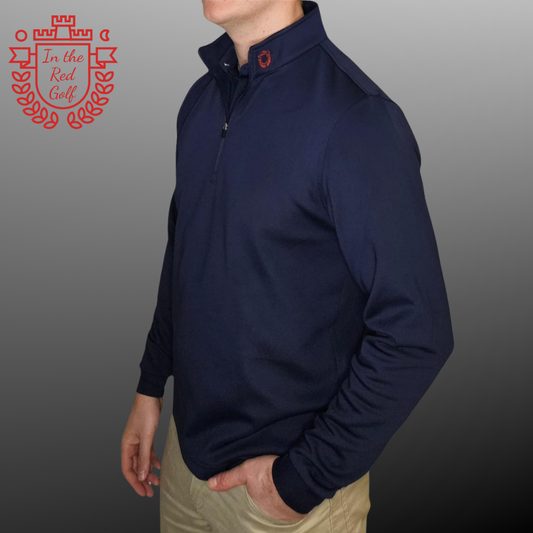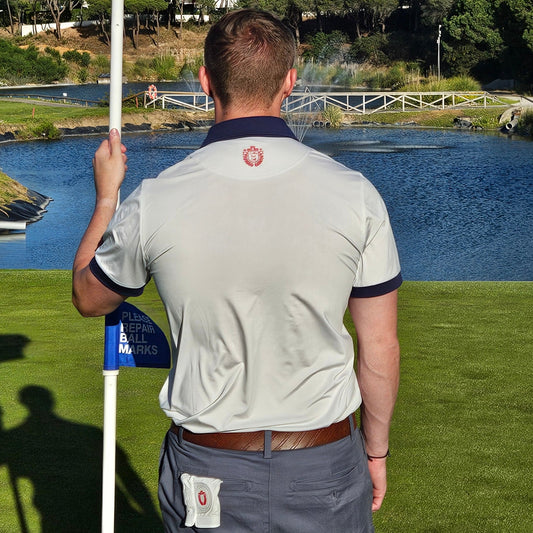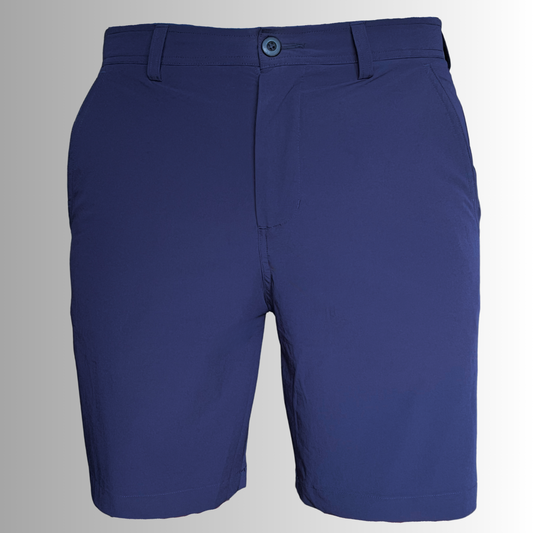The Unsung Heroes of Golf: The Vital Role and Impact of Caddies on the Course
Golf is a sport renowned for its precision, strategy, and the rich tradition that surrounds it. Among the many elements that contribute to the game's uniqueness, the role of the caddy stands out as particularly intriguing. While the players are the stars on the course, caddies often play a pivotal behind-the-scenes role that can significantly impact the outcome of the game. This blog post explores the multifaceted responsibilities of a caddy and delves into why they are an indispensable part of the golfing world.
At its core, a caddy's job is to assist the golfer during their round. This assistance, however, is far more complex and nuanced than simply carrying a bag of clubs. Here are the key responsibilities that a caddy typically undertakes:
Carrying and Managing Equipment
The most visible task of a caddy is carrying the golfer's bag, which can weigh between 30 and 40 pounds. This is not merely a task of brute strength; it involves careful management of the clubs and other equipment. A caddy must ensure that the golfer has easy access to their clubs and that each one is clean and in good condition. They also carry other essentials such as balls, tees, gloves, and even snacks and drinks.
One of the most critical roles of a caddy is to provide strategic advice based on their extensive knowledge of the course. This includes understanding the layout of each hole, the distances to various landmarks, the types of grass on the greens, and how weather conditions might affect play. A skilled caddy will advise the golfer on which club to use, the best approach to each shot, and how to navigate hazards such as bunkers and water features.
Reading the greens is a crucial skill in golf, and caddies often excel in this area. This involves assessing the slope, grain, and speed of the greens to predict how the ball will roll. Caddies provide invaluable insights into the line and pace of putts, helping golfers make more informed decisions and improve their chances of sinking the ball.
Golf is as much a mental game as it is a physical one. A caddy acts as a confidant and coach, offering encouragement and helping the golfer maintain focus and composure. They provide emotional support, helping to keep the golfer's spirits high and their mind clear, especially during high-pressure situations.
Caddies are responsible for keeping accurate records of scores and statistics throughout the round. This includes noting the number of strokes taken on each hole, any penalties incurred, and other relevant details. These records are essential for both the player and tournament officials.
Caddies help ensure that the game proceeds smoothly and within the allotted time. They assist in searching for lost balls, preparing the player for their next shot, and managing the overall pace to avoid delays.
Given the multitude of tasks that a caddy performs, it is evident why they are such a vital part of the game. Here are some of the primary reasons why golfers, especially at the professional level, rely on caddies.
A good caddy can significantly enhance a golfer's performance. By providing expert advice on club selection, shot strategy, and green reading, a caddy helps the golfer make better decisions and execute shots more effectively. This can lead to lower scores and a greater chance of winning.
Golf can be physically demanding, especially during long tournaments that span several days. By carrying the bag and managing equipment, caddies allow golfers to conserve their energy for their swings and putts. This physical relief can be crucial, particularly in the later stages of a tournament.
Golf requires intense concentration and mental fortitude. Having a caddy to share the decision-making process and provide reassurance can help golfers maintain their mental clarity. This support is invaluable in managing the psychological challenges of the game.
A caddy's intimate knowledge of the course can be a game-changer. Understanding the intricacies of each hole, the best angles of attack, and the nuances of the greens allows golfers to develop more effective game plans. This level of course management can be the difference between a good round and a great one.
Many caddies bring years of experience and insight to the game. Their understanding of the sport, gained from working with various golfers and on different courses, provides a wealth of knowledge that can be instrumental in navigating tricky situations. This experience is particularly valuable for less experienced golfers or those playing a course for the first time.
The relationship between a golfer and their caddy is unique and deeply collaborative. It is built on trust, communication, and mutual respect. A strong caddy-golfer partnership can last for years and become a significant factor in a golfer's success.
Trust is the foundation of the caddy-golfer relationship. Golfers must have complete confidence in their caddy's advice and judgment. This trust is built over time as the caddy consistently demonstrates their expertise and reliability.
Effective communication is crucial for a successful partnership. Caddies must clearly convey their observations and suggestions, and golfers must be open to receiving and discussing this input. Good communication ensures that both parties are on the same page and can work together seamlessly.
Mutual respect is essential. Golfers must appreciate the hard work and dedication of their caddies, while caddies must respect the golfer's decisions and preferences. This respect fosters a positive working environment and strengthens the partnership.
The role of the caddy has evolved significantly over the years. In the early days of golf, caddies were often young boys or local laborers who carried clubs for a small fee. Today, caddies are highly skilled professionals who play a critical role in the success of top golfers.
Modern caddies are dedicated professionals who often undergo rigorous training and certification. Organizations such as the Professional Caddies Association (PCA) provide education and resources to help caddies develop their skills and advance their careers.
Technology has also transformed the caddy's role. Advanced tools such as rangefinders, GPS devices, and course management software provide caddies with precise data to inform their advice. While traditional skills remain essential, technology enhances a caddy's ability to support the golfer.
In contemporary professional golf, caddies are integral members of a golfer's team, which may also include coaches, trainers, and sports psychologists. This team-based approach reflects the increasing complexity and competitiveness of the sport.
Throughout golf history, there have been many notable caddy-golfer partnerships that have left a lasting impact on the sport. These partnerships highlight the profound influence a caddy can have on a golfer's career.
One of the most famous caddy-golfer duos is Tiger Woods and Steve Williams. Williams caddied for Woods from 1999 to 2011, during which time Woods won 13 of his 15 major championships. Their partnership was marked by mutual trust and an exceptional understanding of the game.
Phil Mickelson and Jim "Bones" Mackay enjoyed a long and successful partnership from 1992 to 2017. Mackay's extensive knowledge of the game and calm demeanour complemented Mickelson's aggressive playing style, leading to numerous victories, including five major championships.
Jack Nicklaus, one of the greatest golfers of all time, had a fruitful partnership with Angelo Argea. Argea caddied for Nicklaus during many of his major victories, and their close relationship was a key factor in Nicklaus's success.
The role of the caddy in golf is multifaceted and indispensable. From carrying equipment to providing strategic advice, caddies play a critical role in enhancing a golfer's performance. Their expertise, experience, and support are invaluable assets that contribute to the success of golfers at all levels. The caddy-golfer relationship, built on trust, communication, and respect, is a testament to the collaborative nature of the sport. As golf continues to evolve, the role of the caddy will remain a cornerstone of the game, embodying the tradition, skill, and camaraderie that make golf unique.




